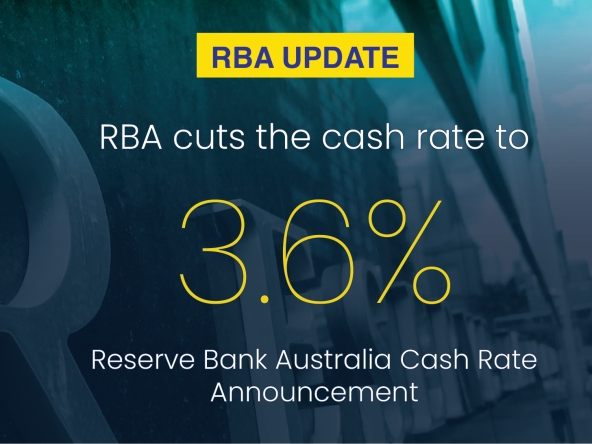

As the end of the financial year approaches, a slew of new laws are set to take effect for Australians. Starting July 1, these changes will impact nearly everyone, from individual taxpayers to families and retirees.
Here’s a summary of the major updates coming in the next few weeks, along with their potential impact on your finances, including taxes, superannuation, and government payments.
Tax
All Australians will notice changes to their weekly pay as the stage 3 tax cuts, a key component of the government’s federal budget, take effect.
The changes include:
- Reducing the 19 percent tax rate to 16 percent for incomes between $18,200 and $45,000
- Reducing the 32.5 percent tax rate to 30 percent for incomes between $45,000 and $135,000
- Retaining the 37 percent tax rate but raising the threshold from $120,000 to $135,000
- Retaining the 45 percent tax rate but raising the threshold from $180,000 to $190,000
You don’t need to take any action to receive the tax cut. Employers will automatically adjust the amount of tax deducted from your pay.
Centrelink
Individuals receiving family payments, including the Family Tax Benefit, Newborn Supplement, and Multiple Birth Allowance, will experience increases in their payments due to regular indexation.
Recipients of the Age Pension, Disability Support Pension, and Carer Payment will see higher income and asset thresholds. This means they can have more income and assets before their payments are impacted.
Deeming thresholds will also be indexed, though deeming rates will remain frozen for another year, with a lower bracket of 0.25 percent and a higher bracket of 2.25 percent.
Additionally, income limits for paid parental leave will rise with indexation.
Wages
The Fair Work Commission announced today that the minimum wage and award wages will increase by 3.75 percent, affecting approximately 2.6 million workers.
The new minimum wage will be $24.10 per hour or $915.90 per week, based on a 38-hour workweek.
Superannuation
The superannuation guarantee rate will increase from 11 percent to 11.5 percent, meaning your employer will contribute a higher percentage of your pay to your retirement savings.
The general concessional contributions cap will rise from $27,500 to $30,000 for all individuals. This is the maximum amount of before-tax contributions you can make to your super each year without incurring extra tax.
The non-concessional contributions cap, which is the maximum amount of after-tax contributions you can make without facing additional tax, will increase from $110,000 to $120,000.
Parental leave pay
Parental Leave Pay will be extended to 22 weeks, up from the current 20 weeks, with payments made at the national minimum wage. The duration of leave parents can claim will increase by two weeks each year until it reaches 26 weeks in July 2026.
This leave is shared between both parents. Currently, two weeks of leave are reserved for the second parent who is not taking the majority of the leave.
Medicare
Thresholds for the Medicare Levy Surcharge (MLS) are increasing. This surcharge is a penalty of up to 1.5 percent of your income if you earn above a certain amount and don’t have private health insurance.
Singles earning over $97,000 and families earning over $194,000 without private health insurance will now have to pay the surcharge, up from the previous thresholds of $93,000 and $186,000, respectively.
Health insurance
Thresholds for the private health insurance rebate are also increasing, offering savings of up to $770. This rebate from the government helps cover the cost of health insurance premiums.
Singles earning up to $97,000 and families earning up to $194,000 will qualify for the highest rebate of 24.608 percent, up from the previous thresholds of $93,000 and $186,000.
The rebate decreases as income increases. Singles can now earn up to $151,000 and families up to $302,000 to still receive a rebate, up from the previous limits of $144,000 and $288,000.
Electricity rebates
Starting July 1, the $300 energy rebate for households will be automatically applied to bills, paid in $75 installments each quarter.
Additionally, state-based electricity rebates will take effect: Queensland households will receive an automatic $1,000 credit on their bills, while Western Australian households will receive a $400 credit starting in July.
Changes in power prices will also come into effect, with the Australian Energy Regulator announcing that most households and small businesses on standard retail plans will see reductions.
Households can expect price decreases ranging from 1 to 6 percent, depending on their location. Victorian residential customers, in particular, will experience an average reduction of 6 percent.
Passports
Australian travellers will soon have additional choices to expedite their passport applications. As outlined in the budget, Australians can opt to pay $100 for processing within five business days, supplementing the existing $252 fast-track option that guarantees processing within two days.
Furthermore, passport fees are set to rise, with the cost of a 10-year passport increasing from $346 to $397.90, representing an approximate $50 increase.



